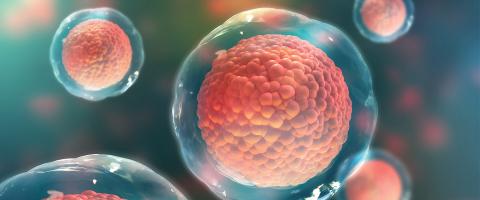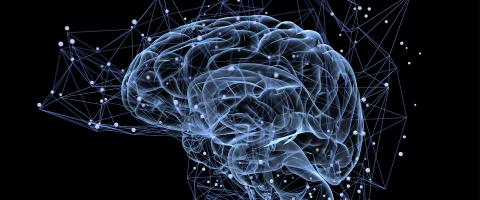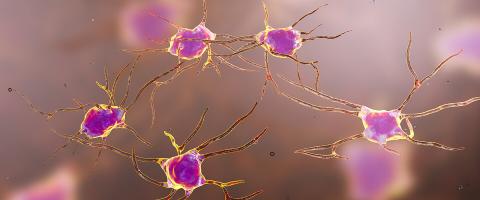
A story about the research of Dr. Kristen Brennand, which 20 years ago might have sounded like science fiction: taking skin or blood cells harmlessly sampled from psychiatric patients, reprogramming them to a stem-cell-like state, and then directing them to redevelop in culture dishes as brain
Read More
"A research career is all about a path. And for me, the path really started with BBRF.”
Read More
Deanna Barch, Ph.D., a much honored research scientist who now chairs the department of Psychological and Brain Sciences at Washington University in St. Louis, did not take long in life to discover her passion.
Read More
“I love the science of it!” says Dr. Hilary Blumberg, a research pioneer who has used advanced imaging to figure out how the brain subtly changes in bipolar disorder, major depression, and other mood disorders. “But what really drives me,” she stresses, “is bringing this work to the point where
Read More
At the core of anorexia nervosa is one of our most basic bodily needs, nourishment.
Read More
Foundation-supported researchers are featured in Wall Street Journal article
Read More
Can we lessen the likelihood of getting psychiatric disorders?
Read More
Recent brain scan analysis suggests four distinct kinds of depression, says Conor Liston, M.D., Ph.D., Assistant Professor of Neuroscience and Psychiatry at Weill Cornell Medicine’s Feil Family Brain & Mind
Read More
The search for the seeds of psychosis goes back to the very start of psychiatry. In the late 19th century, Emil Kraepelin, one of the first adherents of the idea that mental disorders have biological causes, described psychosis as a form of early-onset dementia.
Read More
On October 27, 2017, we hosted our International Mental Health Research Symposium in New York City.
Read More

